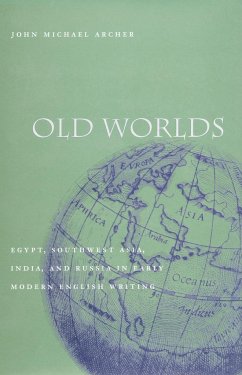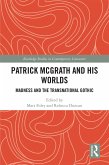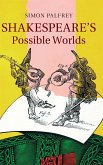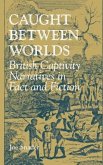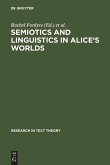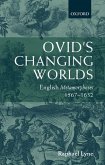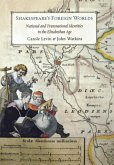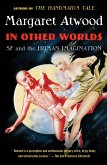Although much attention has been paid to early modern European travel to the New World, attention is just beginning to be paid to the travels in the Old World, even though they speak to contemporary concerns with categories like civilization, race, and nation as much as, sometimes more than, the New World explorations. This book aligns travel narratives and historical surveys of parts of the Old World--Egypt, Mesopotamia, India, and Russia--with texts by Shakespeare, Milton, and Dryden that contributed to English ideas about those regions. Addressing the current interest in Europe's relationship with its neighbors and near-neighbors in the Old World, the author introduces the term "paracolonial" to describe Europe's attitude toward those areas where its colonial reach was intermittent or nonexistent. The book begins by matching ancient and early modern accounts of Egypt and Ethiopia with Shakespeare's Antony and Cleopatra, showing how antiquity's veneration of Egyptian values was tainted in Shakespeare's time by anxieties of racial and sexual degeneration. The next chapter, centered on Milton's Paradise Lost, relates degeneration to the epic cycle of imperial rise and fall attributed to Southwest Asia and its monumental ruins by European historians and travelers. The Elizabethan and Jacobean fascination with Russia is the topic of the third chapter, which argues that Herodotus' Scythia and early modern slavery were the dual origins of the barbarous Russia glimpsed in Shakespeare's Love's Labour's Lost and Milton's Muscovia. In the process, the author offers a novel explanation for the puzzling link between Russia and racial "blackness" in the English Renaissance. The book concludes with India, where degeneration, cyclic empire, and bodily images of racial and sexual difference were combined in geographical writings and sensationally staged in Dryden's Aureng-Zebe. Tracing the overlap between Graeco-Roman geography and the itineraries of Renaissance travelers and traders, Old Worlds brings together a rich array of texts that rewrite European traditions about a plural antiquity from an early modern English perspective.
Hinweis: Dieser Artikel kann nur an eine deutsche Lieferadresse ausgeliefert werden.
Hinweis: Dieser Artikel kann nur an eine deutsche Lieferadresse ausgeliefert werden.

